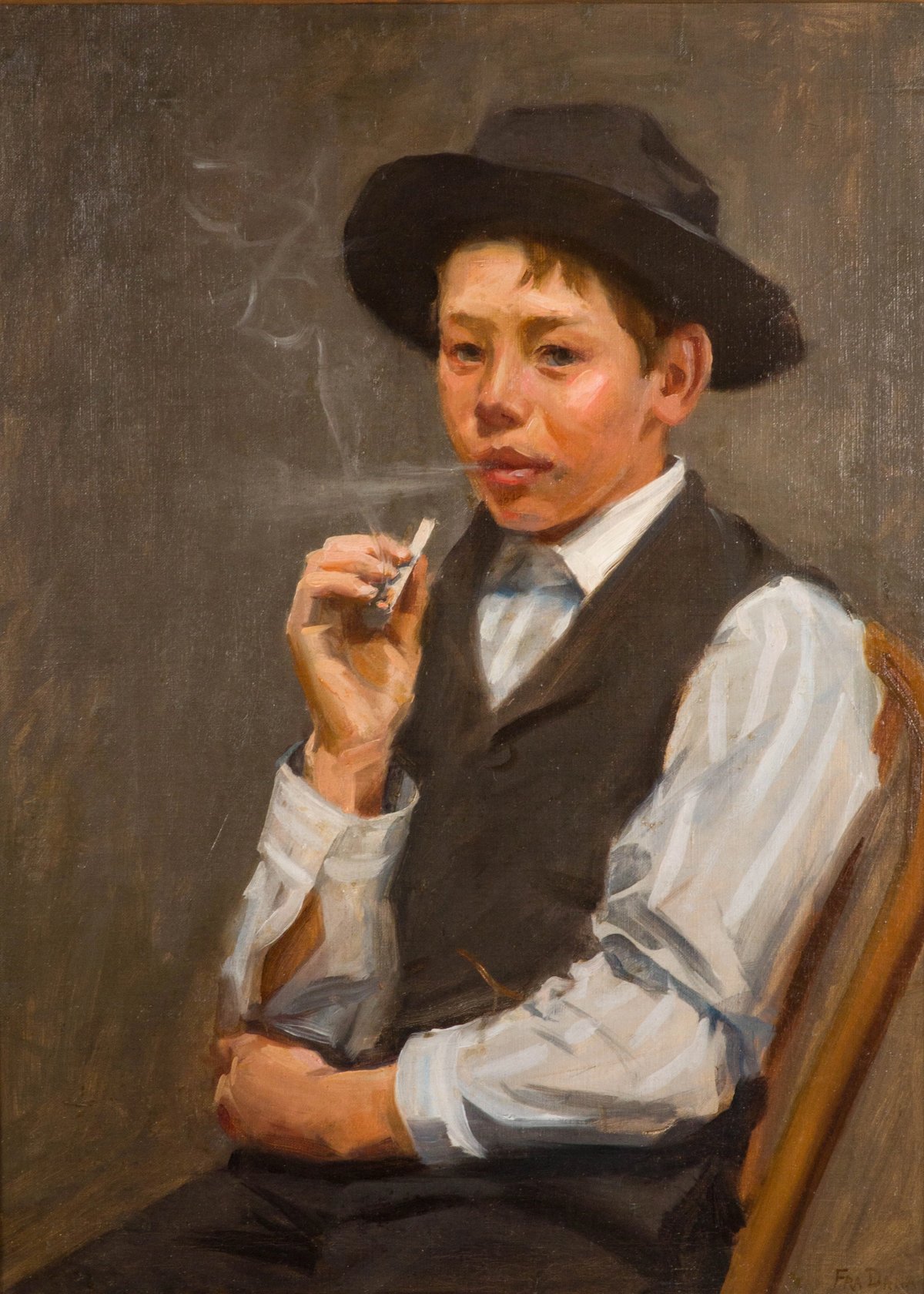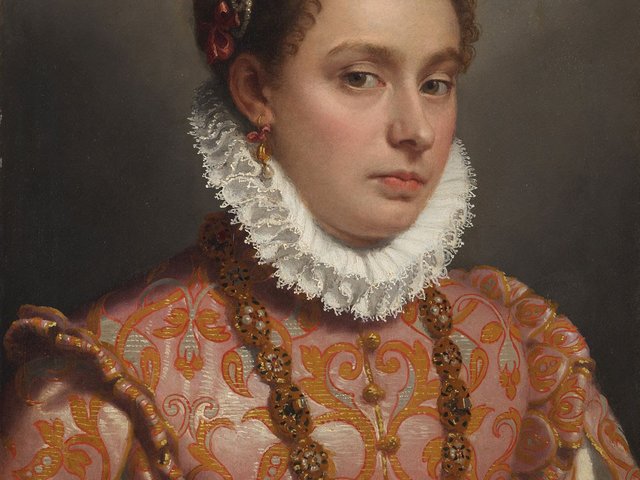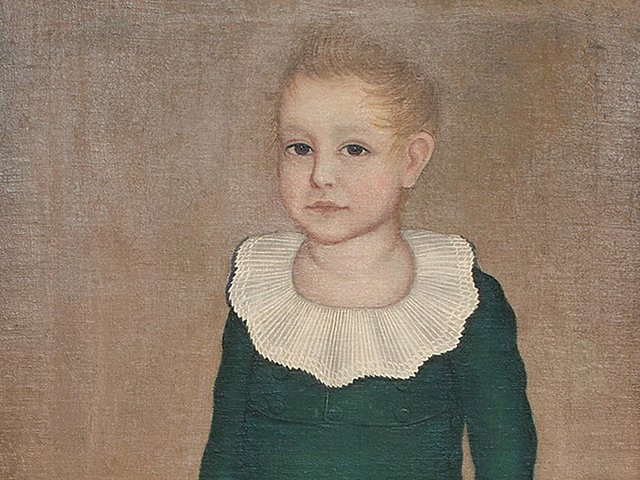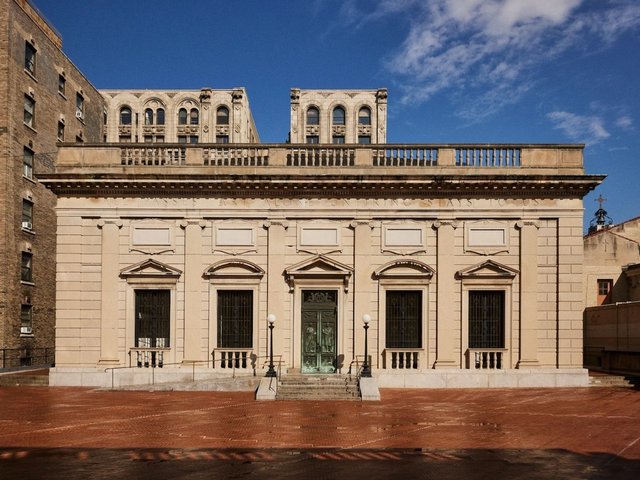An early 20th century painting that had been lost for more than 60 years was returned to the University of Montana (UM) last month after re-emerging unexpectedly.
In the winter of 2022, a man from Kentucky came across the artwork Portrait of Clifford Breeding as he was going through his late father’s possessions. His father had indicated that he wanted the painting returned to the University of Montana, so the man contacted the director of the Montana Museum of Art and Culture, Rafael Chacón, who immediately recognised the work after seeing a photo.
“He said his father bought the painting at a yard sale in Missoula for $25. No one knows how it ended up in that yard sale," Chacón told the Missoula Current. “I didn’t ask any other questions. I just said 'thank you'. We are just so grateful to have it back."
The striking portrait of a boy wearing a hat and smoking a cigarette went missing from the University of Montana at some point in the 1950s. no one could discern exactly who had absconded with the artwork, and it was even featured in a 1990 journal as one of Montana’s “most important lost artworks of all time". It was painted by Fra Dana (1874-1948), a regionally renowned female Impressionist who studied under William Merritt Chase and Mary Cassatt.
“This is a very important portrait for Fra Dana’s career,” Chacón said in a statement. “Not only do we see her at her most skilled as an Impressionist in the way she handles composition, light and colour, but we also see her interest in the subjects of the Ashcan School, an American movement from the East Coast at the turn of the century which focused on common subjects in an honest and sincere way. In this sensitive portrait of an indigenous boy living in two cultures, Dana brings the Ashcan to Montana. It is a powerful statement".
The portrait’s homecoming coincides with the museum’s move to a brand new building on the UM campus, scheduled for completion this autumn. It will be the museum's first purpose-built, permanent home since its establishment in 1895. The institution quickly outgrew the space allocated to it and, from 1900 onward, it only existed in fractured iterations, shuffling from building to building—when not relegated to storage—for more than a century.
“Throughout its history, the museum has had periods of explosive growth and long periods of neglect," Chacón said, which exacerbated the collection’s vulnerability to undocumented loans and thefts.
“Calls for a new building go back to the early 20th century", Chacón added. Over 50 community volunteers have been hard at work examining around 400 art objects from the collection—the museum's “greatest hits”, in Chacón’s parlance—in preparation for the reopening. Portrait of Clifford Breeding will be among them.





